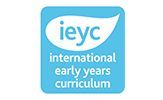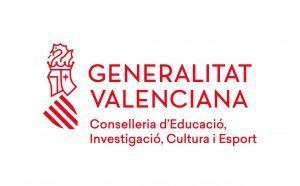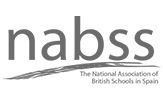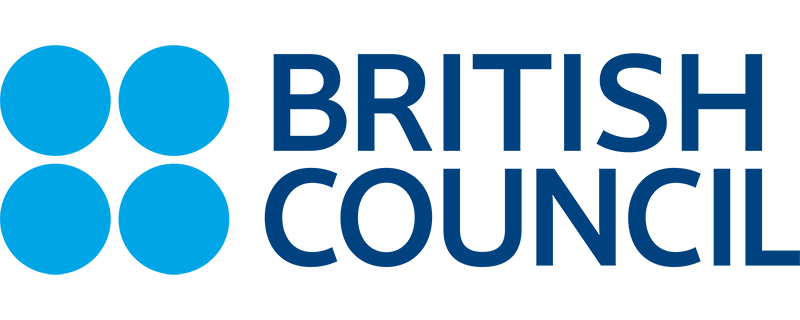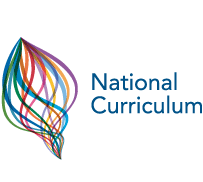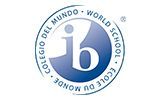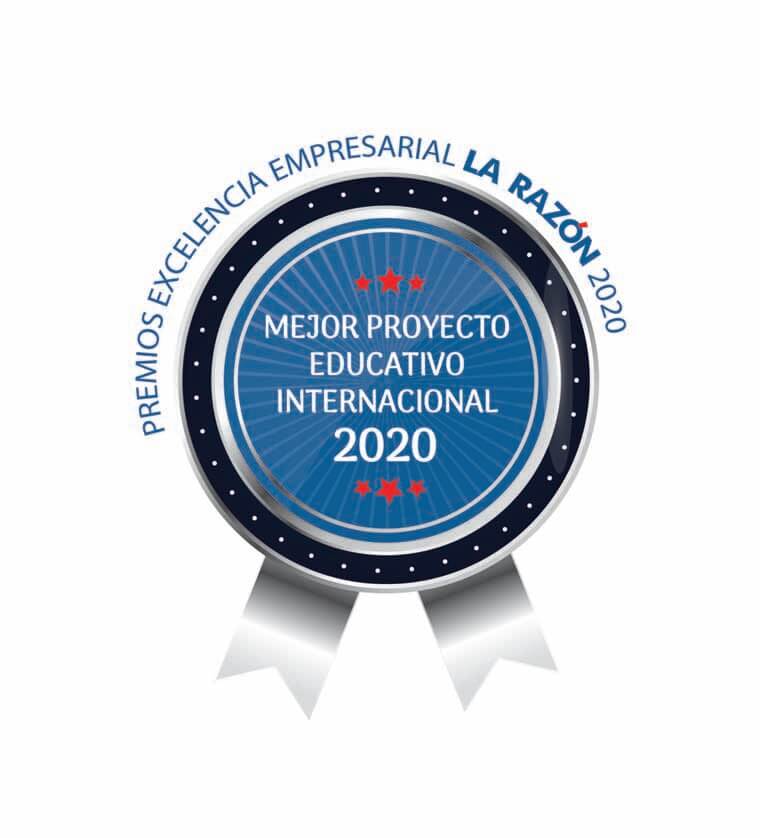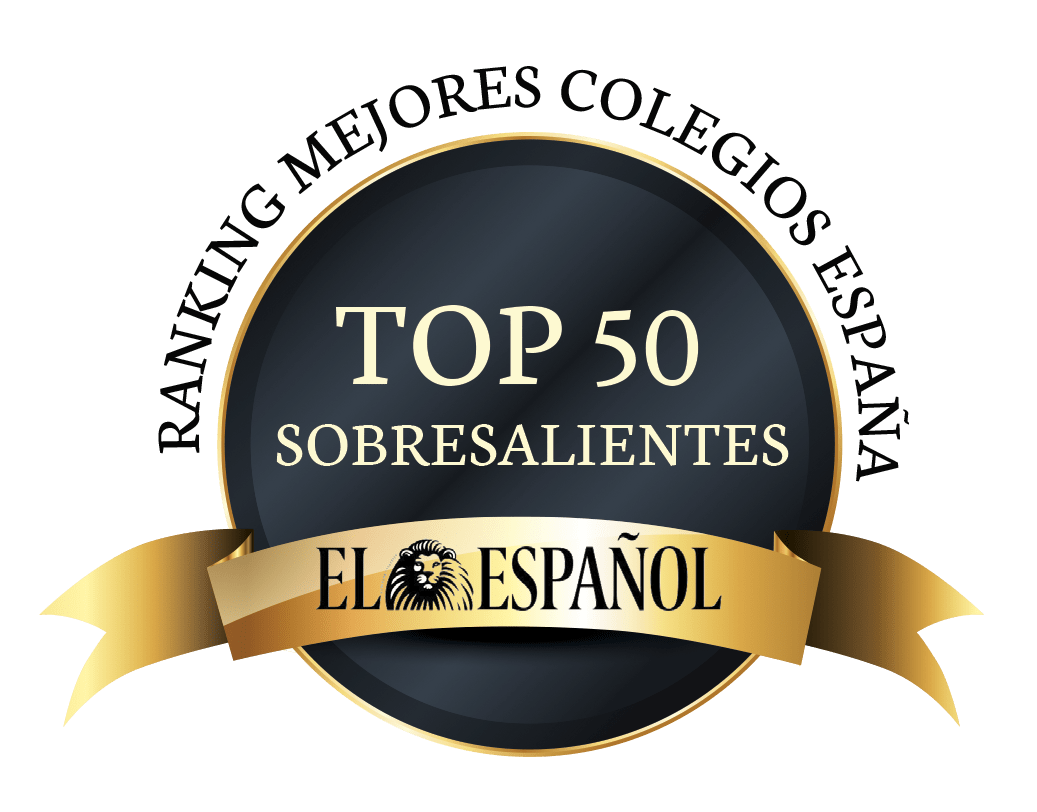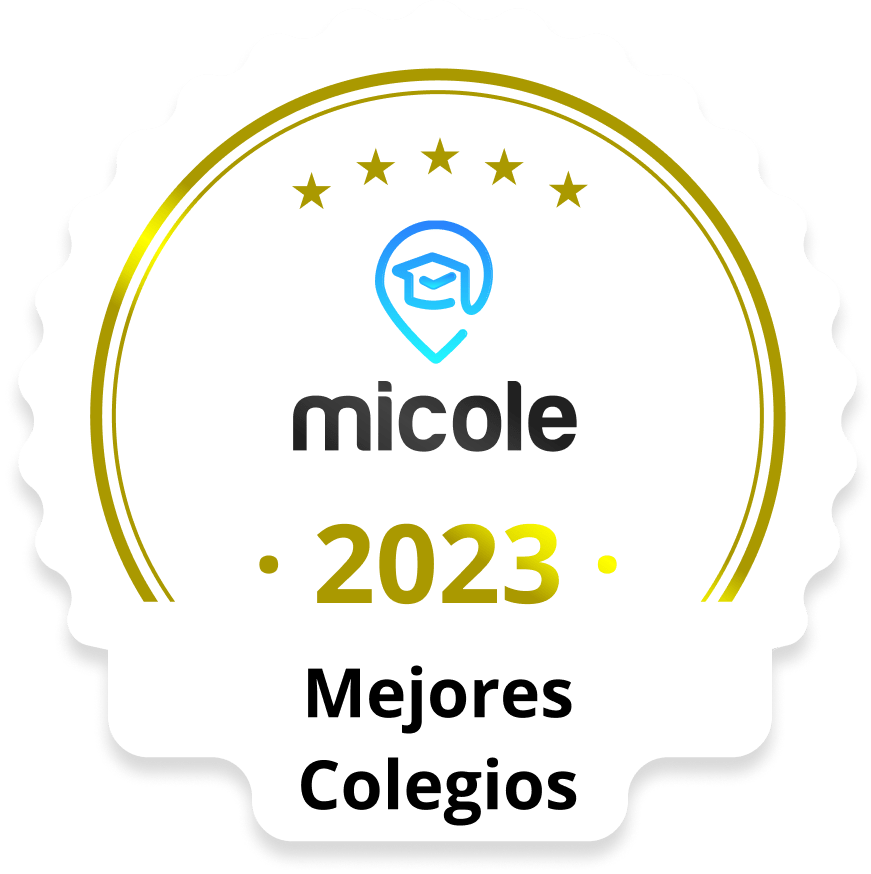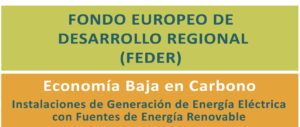The importance of comprehensive education in early childhood education
The concept of holistic education should be very present during the first years of education. At an early age, it is important that children learn the basic skills that they will put into practice throughout their lives. Comprehensive education in early childhood education allows children to assimilate these skills.
What is comprehensive education?
We call comprehensive education a set of knowledge that will be basic for pupils to be able to cope in their day-to-day lives. An academic process based on comprehensive education will take into account all types of knowledge and skills, including technical issues, values training, social skills, emotional competences, etc.
The importance of developing a comprehensive programme in early childhood education
Comprehensive education in early childhood education should be the basis of these academic courses. Over time, pupils have specialised academic training in certain areas, however, during the early years it is important that they acquire a series of general skills with which they can cope in any circumstance.
During this period, we are prepared to assimilate all kinds of skills and put them into practice immediately. With a comprehensive educational programme, we ensure that the youngest pupils can learn the basic aspects that will form part of their subsequent education.
We can divide comprehensive education into 3 different skills: knowledge, behaviour and will. Knowledge refers to the technical skills that are learnt in infant school, such as reading, basic mathematical operations, etc. Behaviour has to do with emotional factors and their development, while will is the ability to make decisions in different areas. Comprehensive education in early childhood education enables pupils to develop skills in these areas.
The overall aim of comprehensive education is for pupils to develop cognitive, emotional and social skills.
The importance of families in achieving a comprehensive approach
Throughout the infant school years, a person acquires all kinds of knowledge, and schools establish programmes which, we trust, will form the basis of their education, but the participation of families will also be fundamental in order to achieve these objectives.
Parents are a fundamental part of their children’s development during the early years. Emotional education, for example, is fundamentally based on the responses that children get from their families, and social skills also begin to be put into practice at home.
It is very important that during the pre-school years, children receive the support they need in their own homes. The involvement of families allows the knowledge acquired in class to take root and be put into practice in the right environment.
The advantages of integrated early childhood education
The implementation of holistic educational processes during the early childhood years has the following advantages:
- Pupils acquire competencies in different fields of knowledge.
- They learn to express their feelings and to interpret other people’s feelings.
- Integrated education teaches the importance of teamwork and collaboration.
- Integral processes motivate the learner, enabling them to excel through their own ability.
- They enable them to acquire technical knowledge, which will form the basis of their future education.
- Pupils gain confidence and the ability to make their own decisions.
The most important thing in this first stage of education is that pupils can acquire an adequate cognitive basis for their future.
Comprehensive education through language learning
Comprehensive educational processes give crucial importance to cognitive knowledge, but they also incorporate other types of skills that have to do with other concepts that are also important. In this respect, the learning of several languages is an important support.
Pupils who have the opportunity to learn 2 languages from infant school will assimilate both languages in a natural way, reducing the effort involved in assimilating the basic concepts of a new language.
Learning a language improves communicative, social and cognitive skills, and is therefore a fundamental value in relation to a pupil’s education. At Newton College we incorporate the learning of English from infant school, during the later educational phases, we add a third language to our programmes, with which our pupils can enhance their communicative abilities, as well as other aspects of their education.
Newton College, the most complete education
At Newton College we know that infant courses are of crucial importance for the future of our pupils, which is why we develop comprehensive programmes that include training in different skills. Our infant courses already incorporate language learning, so that our pupils can assimilate the basic structures of English, at the same time as learning their mother tongue.


